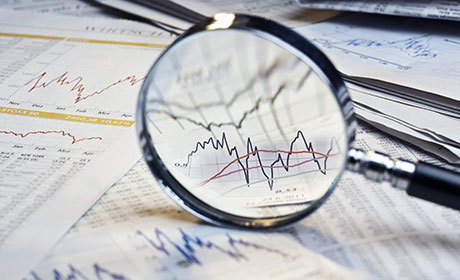Our study, Transforming women’s financial futures insights report, highlighted a number of interesting findings relating to women’s attitudes toward investing.
The page you were trying to view is not available for your role and region.
Differing approaches to 'risk' in financial investments

Latest articles
Read the latest market news and articles from Quilter Cheviot.
Explore our industry updates
Stay up to date with the latest market news and industry insights from our team of experts.
Get it straight to your inbox
Get weekly email newsletters from Quilter Cheviot. Choose from a variety of topics that interest you the most.

The Quilter Cheviot podcasts
Listen to our range of podcasts covering weekly commentary, stock market news, fund research and women in finance. Listen on the website or from your favourite podcast provider.




